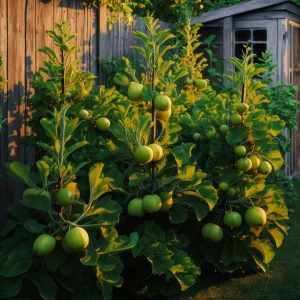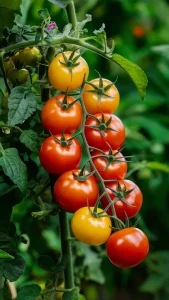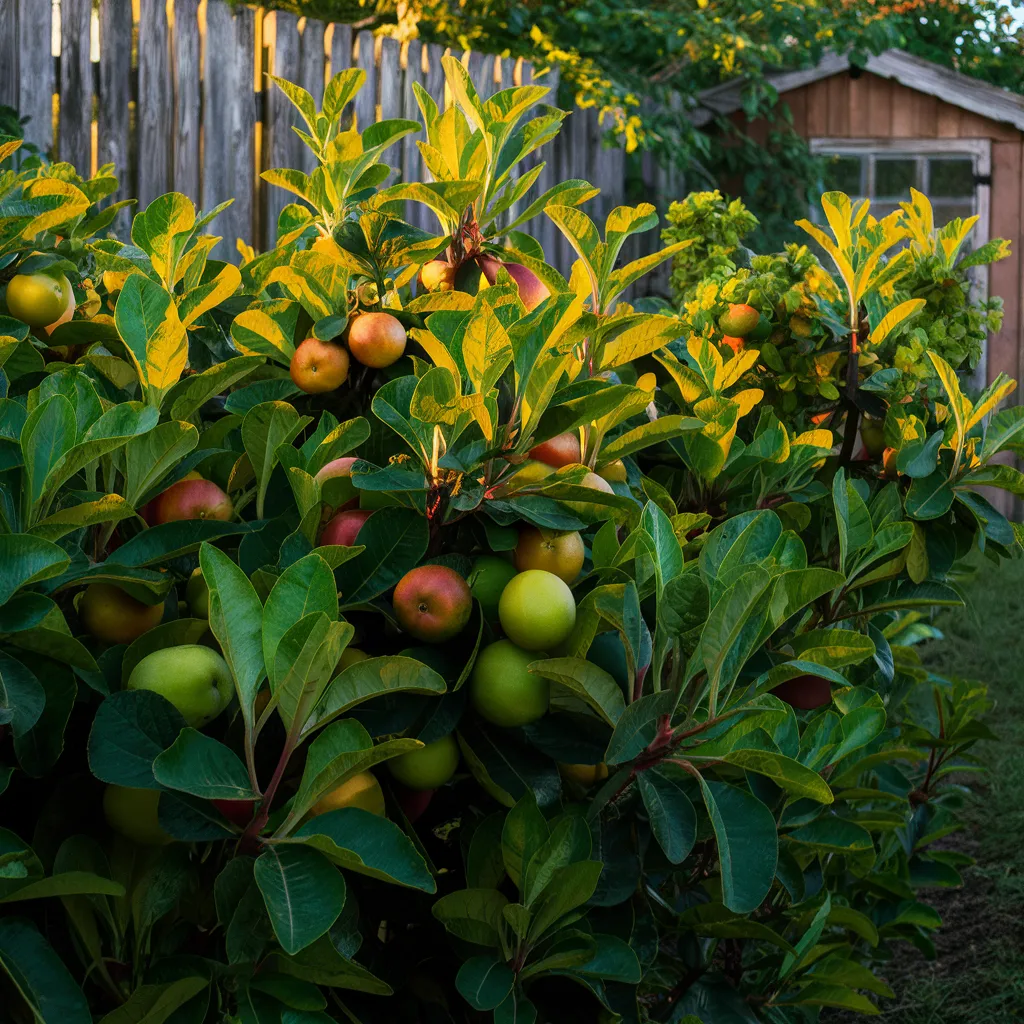Hey there, fellow green thumbs! Today, we’re going to dive into a quirky little gardening hack that might just blow your mind—using tea bags in the garden. Yep, you read that right! Those unassuming little pouches that brew up our favorite morning pick-me-up can actually work wonders for our beloved plants. Who knew?
Don’t Throw Away Your Tea Bags: Clever Uses in the Garden

The Magic Ingredient: Nitrogen
Now, I know what you’re thinking: “Tea bags? In the garden? Has she gone mad?” But hear me out, because this nifty trick is like a secret weapon for any gardener worth their soil.
First things first, let’s talk about the magic ingredient in tea bags: nitrogen. This bad boy is an essential nutrient for plants, helping them grow lush and green. And guess what? Tea leaves are chock-full of nitrogen, making those used tea bags a veritable treasure trove of plant food.
Tannic Acid: A Natural Fertilizer
But wait, there’s more! Tea bags also contain tannic acid, which is a natural fertilizer that can help break down organic matter in the soil. It’s like giving your plants a little digestive aid to help them absorb all those delicious nutrients more efficiently.
Slow-Release Fertilizer
Now, I know what you’re thinking: “But won’t the tea bags just disintegrate and make a mess?” Fear not, my friends! The beauty of this hack lies in the fact that you can bury those bad boys right into the soil, where they’ll slowly release their goodness over time. It’s like a slow-release fertilizer, but without the hefty price tag or harsh chemicals.
Imagine the look on your neighbor’s face when your tomato plants are towering over the fence, bursting with juicy red fruits, all thanks to your secret stash of tea bags. They’ll be green with envy (pun intended)!

Natural Deterrents for Pests
But wait, there’s more! Tea bags can also be used as a natural deterrent for pesky critters like slugs and snails. Simply scatter a few used tea bags around your plants, and those slimy little buggers will steer clear. It’s like a force field for your precious veggies, but without the need for harsh chemicals.
Tea Leaves as Mulch
And let’s not forget about the beauty aspect of gardening. Dried tea leaves can make a wonderful mulch for your flower beds, adding a touch of rustic charm and helping to retain moisture in the soil. Imagine a carpet of fragrant tea leaves surrounding your vibrant blooms—it’s like a scene straight out of a fairy tale!
Different Types of Tea
Now, I know what you’re thinking: “But what about the different types of tea? Does it matter?” Well, my friends, the beauty of this hack is that it works with pretty much any type of tea bag. Black, green, herbal—they’re all fair game! Just make sure to remove any staples or strings before burying them in the soil.
Conclusion
So, there you have it, folks—the humble tea bag transformed into a gardening superhero. Who knew that something so simple could pack such a powerful punch? Give it a try and watch your plants thrive like never before. And remember, when it comes to gardening, sometimes the best tricks are hiding in plain sight—or, in this case, in your kitchen cupboard.
Happy gardening, my friends! And may your gardens be as vibrant and full of life as a freshly brewed cup of tea.
